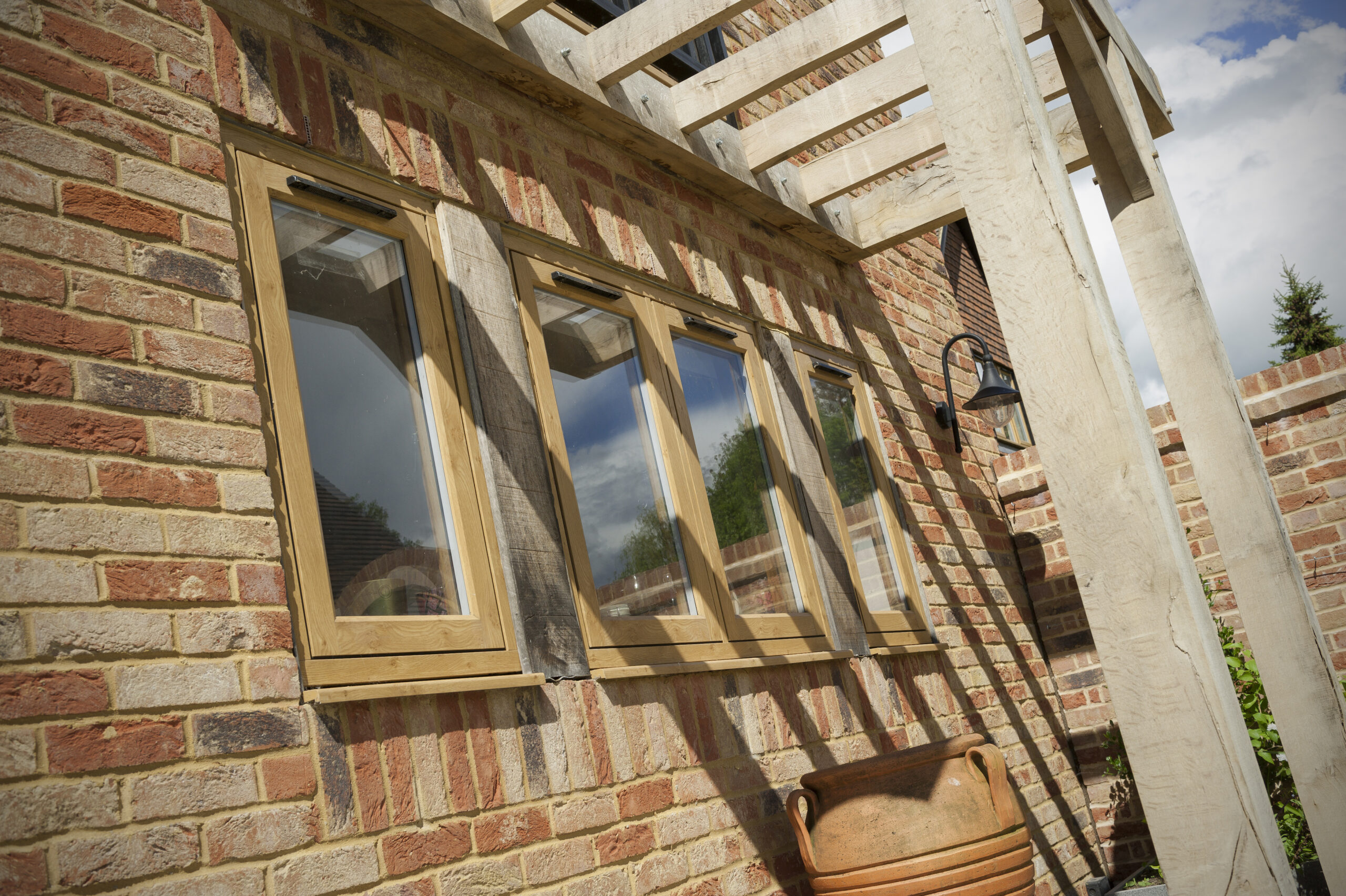PROTECTING YOUR INVESTMENT
Protecting Your Investment Improving your home should be therapeutic and exciting, an opportunity for you to create the home of your dreams, a safe place to invest you money and build a nest egg for the future, and for many people it is exactly that. Building extensions, replacing windows and doors, replacing roofs, creating swimming pools are some examples of works carried out by many homeowners, these works can be complicated and expensive and it is not always possible to have an experienced site foreperson available to oversee the project. If you are planning to carry out major refurbishment works and don’t know or are unable to secure the servicers of a site fore person or simply just ant to project manage the job yourself, there are a few tips to ensure you are protected when it comes to the funding options. Many people who embark on a refurbishment project have already secured their funding and are ready to proceed with the project and instruct trades people to commence work. At this time you should be checking every detail, no matter how small, take time to read all of the Terms and Conditions, to check any exclusion clauses, fully understand the specification of all materials and their associated colour and styles, the payment requirements and stage payments. If you are unsure about any of the contents of any agreement do not proceed until you have received complete clarity, it is good practice to get that clarity in writing so that it forms part of your agreement with the party concerned. The biggest risk in any domestic project comes from paying cash. It is good practice to only instruct projects with companies or individuals who can accept payment by Credit Card or provide third party funding solutions, by doing so, you protect your investment and don’t get left high and dry. There is very good reason for this advice as you will see detailed below. Using a Credit Card to pay for you home refurbishment makes great sense and if you do it right can save you a lot of stress and hassle in the future. If you already have the cash in the bank don’t be too hasty to go paying it out, use a Credit Card to make the payment and then pay off the credit card. When possible, prior to the build commencing secure a 0% interest credit card and use this for making payments, paying the balance off from your project fund, this way there are no additional charges. However, even if you have not got a 0% Credit Card, the small amount of fees will be well worth the extra protection and peace of mind. Credit Cards Section 75 of the Consumer Credit Act delivers complete security when making payments to suppliers or trades people during your home improvement project. When you make payments between £100 and £30,000, you credit card company is equally liable with the supplier or trader for any breach of contract. This means that if you have a problem with the work carried out or the goods supplied, as long as you have an agreed contract, you can make a claim to the supplier and the Credit Card Company at the same time, you will only be able to recover your claim from either or, not both parties. Whilst in the UK the general rule of law considers verbal contracts to be legally binding, you have a greater chance of proving your case with a document, where possible always get a written contract. There are lots of options when it comes to credit cards and doing you homework in advance of you project commencing will help you understand how you can manage the funding in a way that protects and serves you best. Home Improvement Loans Section 75 of the Consumer Credit Act also applies when using a Home Improvement Loan to fund your project in exactly the same way as it does when using a credit card. There lots of different options offered by many finance companies, choose the right one for your personal circumstances. When it comes to getting the right funding solution for your home improvement project it always makes good sense to select the funding option that best suits your individual circumstances. If using either a Credit Card or Home Improvement Loan, always check your credit score first and see what options could be available for you. Buy Now Pay Later Buy Now Pay Later, sometimes referred to as BNPL is the option to have the products or services now and pay for them later. The typical options offer the ability purchase now and pay the balance in either 3, 6, 9 or 12 months (known as the deferred period) from the date the goods are received. In most cases you will not be required to make any payments until just before the deferred period ends, at which point you will be required to either pay off the full balance or start making monthly payments. In almost all instances, if you decide to make monthly payments after the deferred period, you will be charged interest on all or part of the balance from the start date and the interest rate tends to higher on these types of agreements. Buy Now Pay Later is a great option if you have the money or will have the money and are looking to make use of Section 75 such as we have described earlier, but not as a long term financing agreement, there are cheaper options. Interest Free Credit Much like Buy Now Pay Later, Interest Free Credit provides a period free from interest in which you can purchase the goods, but unlike BNPL, you will need to make agreed monthly payments during the term. Interest Free Credit deals tend to be from 12 to 60 months for most home improvement projects. Interest Bearing Credit Much like the description suggests this option allows you to borrow the fund required to improve your home, the amount you borrow will attract interest which you will pay off monthly together with the principal sum. Interest bearing credit deals tend to span a much wider range than BNPL or Interest Free Period, these loans can run typically from 12 to 60 months with some lenders going as far as 120 or 180 months. In all instances in the UK these loans can be settled at any time with you paying a maximum settlement fee equivalent to a maximum of 58 days interest in accordance with The Consumer Credit Act (Early Settlement Regulations 2004) Be Smart – Be Safe So, as you can see, planning your project needs to take in to account options to ensure your safety. We have all heard the stories of cowboy builders, poor workmanship and bogus companies EVEN if you have the cash in your Bank, BE SMART and use a funding solution to give you added protection, complete peace of mind and confidence to push on and create a wonderful addition to your property and BE SAFE




















